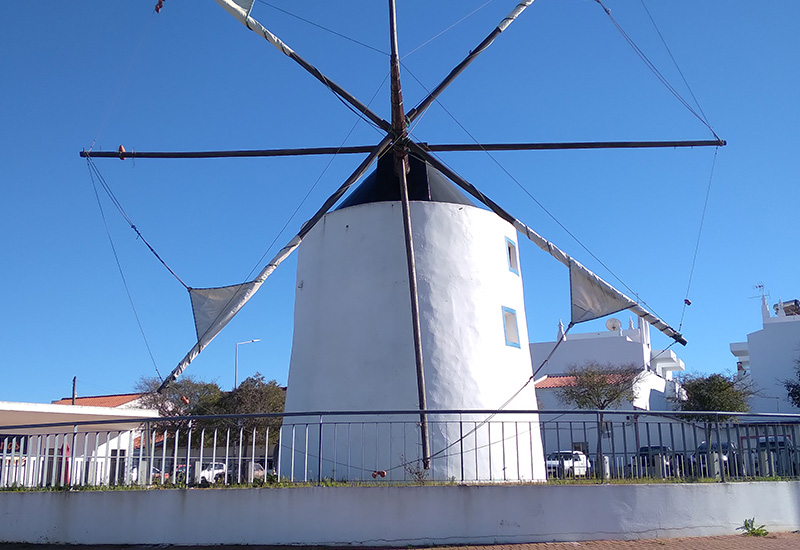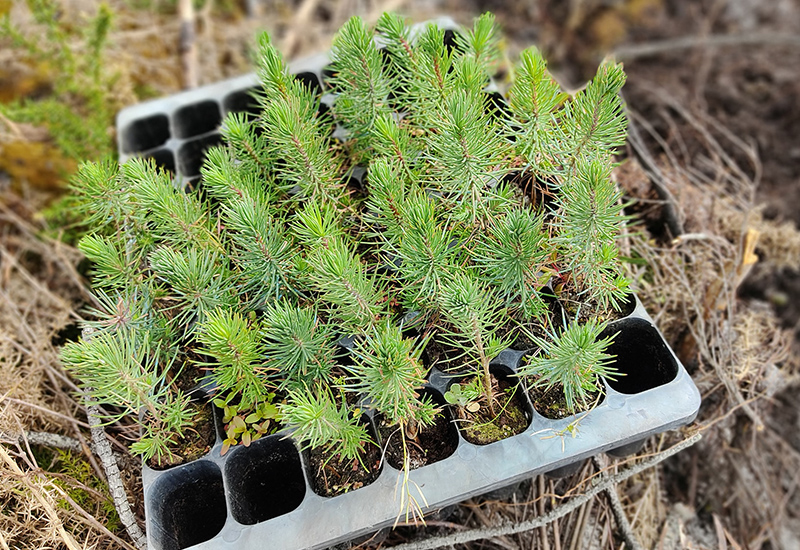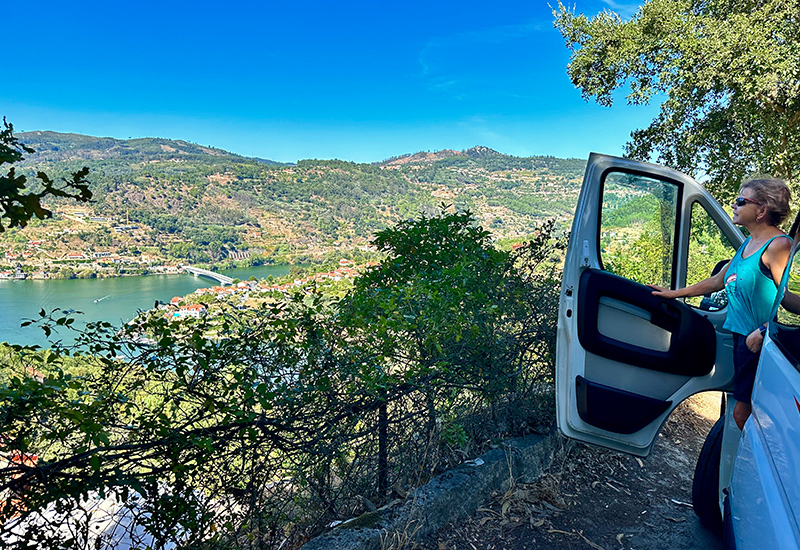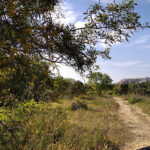Wind power has been used for centuries by sailors for propelling waterborne craft for transportation and voyages of discovery. But it was land dwellers who discovered the windmill. The first windmill is attributed to the Persians, but European countries, particularly England and the Netherlands, soon saw the usefulness of this early machinery specifically for pumping water for irrigation. It was in the 12th century that Portugal began the construction of windmills and they soon became vital for milling grain, wheat and corn for staple foods like bread, cornmeal and confections.
Today as you travel the highways and byways of the Algarve, it is impossible not to notice the ubiquitous, conical stone and mortar ruins, often with the horizontal spar that used to support the sails sticking out from the top of the structure. It is another reminder that Portugal was an agrarian economy before tourism and hundreds of windmills were still operational until the late 1960s.

Nearly every village had a windmill or perhaps a shared windmill between two communities. A milling day was a community gathering. Farmers and growers would arrive at the mill with grain in their donkey’s pannier bags or in the horse-drawn cart. Gossip was shared along with a libation or two until the milled grain, either flour or corn meal was ready.
On the coastal path between Burgau and Praia da Luz the ruins of farm buildings and an old windmill are clearly visible on the ridge of a hill to the north. On a sunny January day, I decided to investigate. The mechanical workings of the mill are still pretty much intact, enough to show how the system worked. The main shaft that was powered by the sails was fitted with a large, cogged wheel that, with the use of a primitive gear, transmitted the energy to a vertical shaft that turned the millstones to grind the grain. The whole structure could be rotated depending on the direction of the wind.
Portugal’s windmills were different to those in northern Europe, whereby the sails were made of cloth and were easily furled to accommodate strong winds. Not only that, but clay devices were attached to the revolving structure to create a whistling sound that would tell the operator of the speed of the revolutions and act as a warning to reduce the sail.
Windmills of old were usually positioned on hilltops where the wind speed would be stronger and more reliable. As such, the views from these high elevations are often spectacular. This has prompted several history enthusiasts to take up renovating the interesting structures and some have been turned into restaurants or accommodation.
Just as windmills became a major innovation in the agricultural sector in bygone years, today the wind is being harnessed to generate electricity in a new but similar way; enter the wind turbine. Wind turbines are conspicuous on the higher elevations throughout the Algarve, particularly the north and southwest regions. Green energy is a priority in these days of catastrophic natural disasters caused by global warming and climate change, the result of unchecked carbon emissions from fossil fuels.

These pollutants need to be eliminated or vastly reduced as soon as possible. Portugal has committed to becoming carbon neutral by 2050 and this will likely be brought forward. It currently gets 60% of its electricity from renewable sources – one of Europe’s largest proportions of green energy use.
Also, to add to the incentive to move away from fossil fuels, many countries in Europe, without sufficient oil and gas, have been held hostage by the pariah state of Russia, which supplied them with this essential resource. Now European countries are scrambling for alternatives – wind and solar power sources are being ramped up to alleviate the situation.
It’s hard to believe that a brutal war could have a fringe benefit, but one thing is certain – the journey from windmills to wind turbines and other renewables is likely to continue.
Do you live in a windmill, or have you converted one? We would love to hear from you sophie@tomorrowalgarve.com
Photos © Julian Putley














